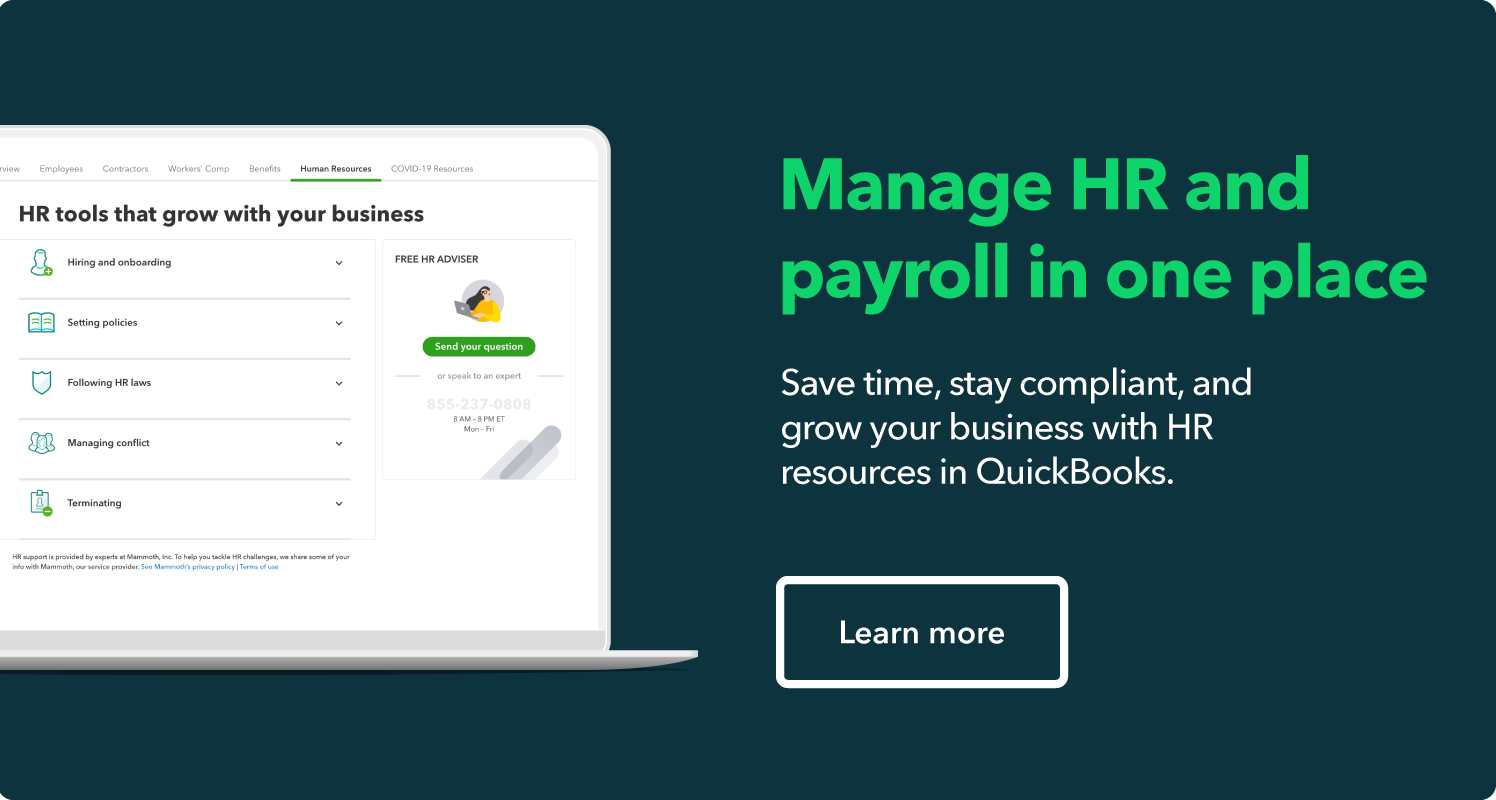If you own a Canadian small business corporation, one of your first actions is to determine whether you want to pay yourself a salary income or dividends – or both. However, this choice will differ depending on how your business is structured.
Though the correct decision for you comes down to personal circumstances, you should have an objective understanding of the advantages and disadvantages of each payment method.
Pay special attention to your business and personal needs, especially as they relate to the Canada Pension Plan or your registered retirement savings plan.




